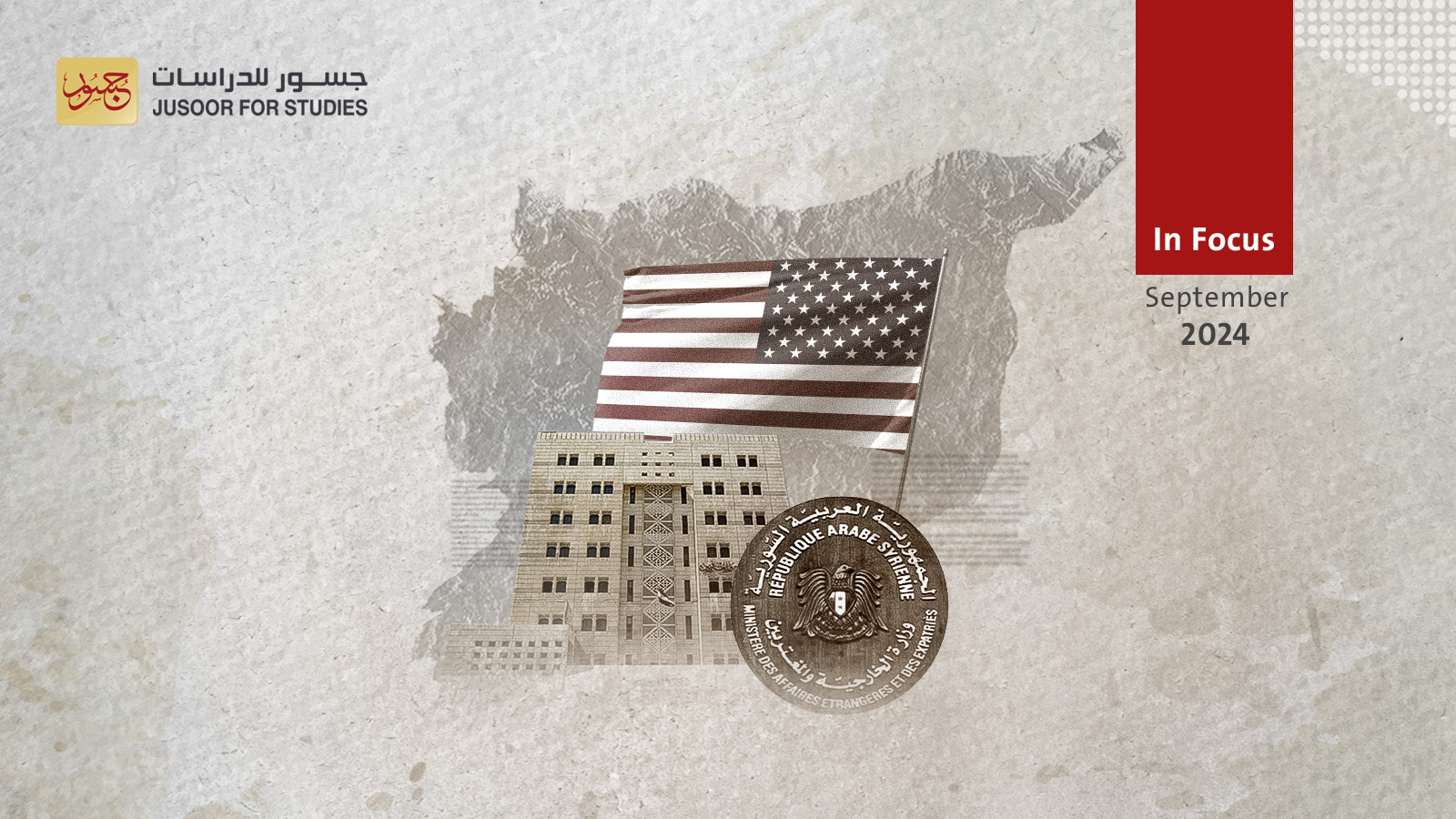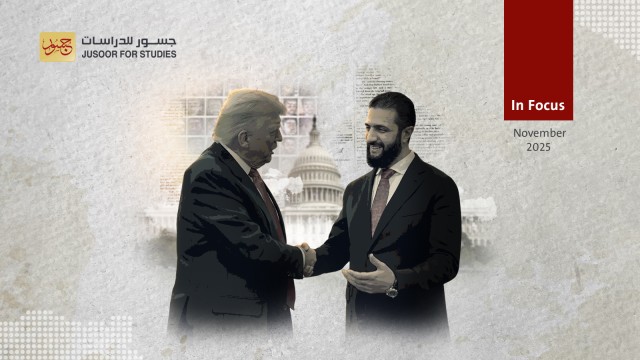Why is the Regime Attacking the National Endowment for Democracy?
On September 18, Syria’s Foreign Ministry published a statement eerily simlar to one issued by its counterpart in China just over a month earlier. The Chinese foreign ministry, in its statement, had launched a series of attacks on the National Endowment for Democracy (NED), a U.S. government-backed non-profit set up to promote democracy.
Beijing accused the fund of being a hub for secret CIA operations, under the guise of supporting and financing democratic movements abroad, and working to incite Western-facing revolutions that undermine state sovereignty. It also accused the NED of spreading false news about human rights abuses, meddling in states’ internal affairs and exploiting divisions to destabilise societies.
The NED has, according to the Chinese Foreign Ministry, been funding pro-US forces in target countries, and worked to halt the growing trend towards a multi-polar world. The statement stressed that every country has the right to follow its own path of development according to their national reality and the needs of its people, without being lectured on democracy and human rights—which it said the West uses as a tool to subjugate nations around the world and break the will of their peoples.
It is true that the NED, which was established in 1983, works to support civil society organisations. The Syrian regime has always viewed such organisations with suspicion, and as such has always placed severe restrictions on their creation before 2011. They were placed under surveillance by the security services, especially since 2011, as the regime considered their activities to be acts of espionage and subversion against the regime itself.
However, as civil society diversified following the 2011 uprising, the regime worked to take advantage and exploit them. It established its own network of affiliated organisations in areas under its control, that it could use for its own purposes, and pushed them to counteract the many civil society groups that had emerged to practise their activities in opposition-controlled areas and abroad.
The regime forced these organisations to take part in United Nations processes, the Constitutional Committee, and the Women’s Advisory Council affiliated with the Office of the Special Envoy in Geneva.
The regime’s statement on September 18 came 40 days after the Chinese one, but also coincides with UN Special Envoy Pederson’s call for a meeting of the Civil Society Support Room (CSSR) at the world body’s headquarters in Geneva on October 1 and 2. The meeting will focus on the role of civil society in exploring possible spaces for mutual understanding between local actors, ways to build trust, and mapping areas with potential for dialogue, identifying points of common interest and seeking strategies for solving shared disputes. Pedersen’s own briefing to the Security Council on 20 September appears to be a precursor to a “confidence-building initiative” to be launched by the CSSR at the conclusion of the next meeting.
While the regime controls a portion of civil society, especially actors and organisations based in areas it controls, it fears the emergence of organic social initiatives, whatever their goals, as they do not draw their influence directly from the regime’s political, military and security apparatus. Instead these initiatives form partnerships with those in the opposition that the regime denounces as “foreign-linked,” and make demands the regime does not seem ready to meet, on issues such as protection and safety, the release of detainees, the fate of the forcibly disappeared, the return of refugees and displaced Syrians, and other confidence-building measures that could pave the way for a political process.
In response, the regime instead published a statement essentially condemning the whole of Syrian civil society in one fell swoop, to strike down possible community-based initiatives, and maintain their control of social space and reconciliation processes to suit the interests and conditions of the regime. The regime is likely to try to obstruct the work of the Special Envoy and any initiatives arising from the CSSR, especially by obstructing the participation of members from Damascus, and pressuring them to disengage from discussions or initiative, to try and delegitimize the process.








